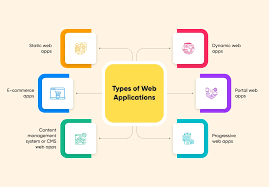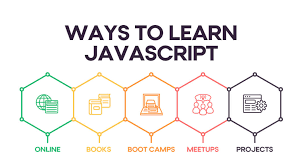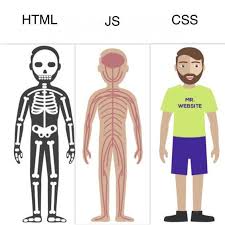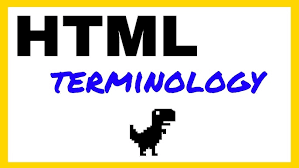SEO for Web Developers: Search Engine Optimization Tips
Introduction
Search Engine Optimization (SEO) is crucial for driving organic traffic to websites. As a web developer, understanding and implementing SEO practices is essential for creating websites that not only look great but also perform well in search engine rankings. This guide provides web developers with the necessary knowledge and tips to improve a website's SEO.
Table of Contents
-
Understanding SEO
- What is SEO?
- Why SEO Matters for Websites
- The Role of Search Engines
-
Keyword Research and Analysis
- Identifying Relevant Keywords
- Keyword Tools and Research Techniques
- Competitive Analysis
- Long-Tail Keywords
-
On-Page SEO
- SEO-Friendly URL Structures
- Title Tags and Meta Descriptions
- Heading Tags (H1, H2, H3)
- Keyword Placement and Density
-
Technical SEO
- Website Speed and Performance
- Mobile Responsiveness
- HTTPS and SSL Certificates
- XML Sitemaps and Robots.txt
-
Content Optimization
- High-Quality, Unique Content
- Optimizing Images and Multimedia
- Internal and External Linking
- Schema Markup for Rich Snippets
-
Site Architecture and Navigation
- User-Friendly Site Structure
- Creating an XML Sitemap
- Breadcrumbs and Navigation Menus
- URL Canonicalization
-
Mobile SEO
- Mobile-First Indexing
- Responsive Web Design
- AMP (Accelerated Mobile Pages)
- Mobile Optimization Tools
-
Local SEO
- Google My Business
- Local Citations and NAP Consistency
- Online Reviews and Ratings
- Local Structured Data Markup
-
Off-Page SEO
- Backlinks and Link Building
- Guest Blogging and Outreach
- Social Media Engagement
- Influencer Marketing
-
Monitoring and Analytics
- Google Analytics and Google Search Console
- SEO Tools and Software
- Regular SEO Audits
- Key Performance Indicators (KPIs)
-
E-Commerce and SEO
- Product Page Optimization
- User Reviews and Ratings
- Shopping Feeds and Rich Snippets
- Cart and Checkout Optimization
-
International SEO
- Hreflang Tags and Language Targeting
- Country Code Top-Level Domains (ccTLDs)
- Geotargeting in Google Search Console
- Currency and Pricing Considerations
-
SEO for JavaScript-Based Websites
- Single-Page Applications (SPAs)
- Server-Side Rendering (SSR)
- SEO-Friendly Frameworks (e.g., Angular, React)
- Prerendering and Isomorphic JavaScript
-
Voice Search and SEO
- Optimizing for Voice Assistants
- Natural Language Processing (NLP)
- Featured Snippets and "Position Zero"
- Content Structured for Voice Queries
-
Emerging SEO Trends
- Core Web Vitals and Page Experience
- Video SEO
- AI and Machine Learning in SEO
- Voice Search and Visual Search
-
Resources and Further Learning
- SEO Blogs, Books, and Courses
- SEO Communities and Forums
- Staying Updated with SEO News
- Google's SEO Guidelines and Documentation
Conclusion
As a web developer, integrating SEO best practices into your workflow is fundamental to the success of your websites. By following the tips and techniques outlined in this guide, you can create web experiences that not only look great but also perform well in search engine rankings, attracting organic traffic and helping your clients or businesses succeed online. Keep in mind that SEO is an evolving field, so staying up-to-date with the latest trends and search engine algorithms is essential for sustained success. Good luck on your journey to becoming a web developer well-versed in SEO practices!
































